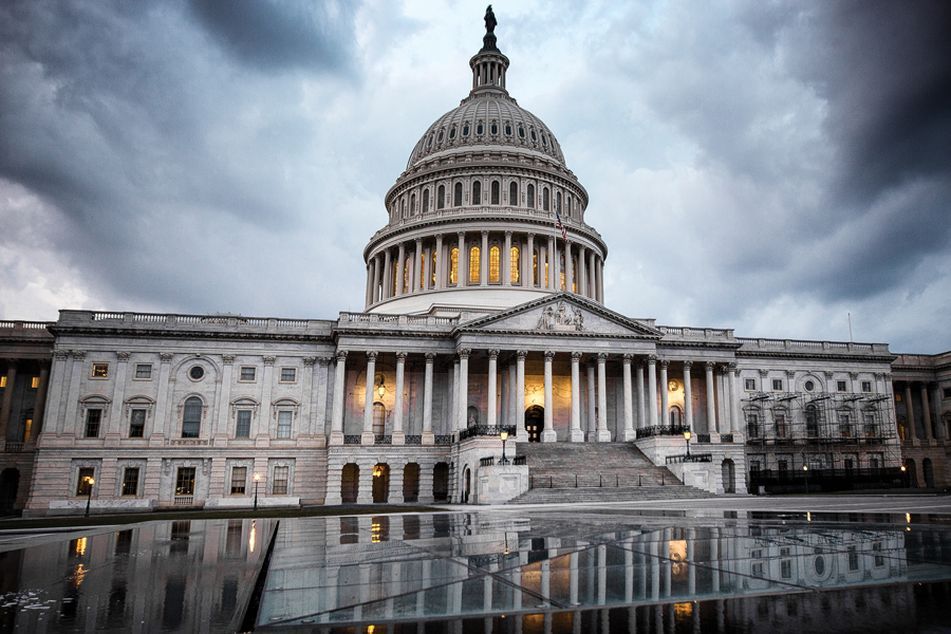Congress tries to jam through retirement legislation by year-end

The chairman of the House Ways and Means Committee is upping the ante on his prior effort to pass a package of tax and retirement measures.
Congress is making one final push to get retirement legislation passed by the end of the year, with provisions promoting more 401(k) plan formation and greater use of annuities hanging in the balance.
Kevin Brady, chairman of the House Ways and Means Committee, released a package of bills — the Retirement, Savings, and Other Tax Relief Act of 2018 and the Taxpayer First Act of 2018 — Monday night that includes measures around retirement security, tax extensions and disaster relief, as well as technical fixes to the tax law passed last year.
Among the retirement measures are several big-ticket items for advisers and other industry stakeholders, such as the creation of open multiple-employer plans, known as open MEPs, amendment of safe-harbor rules regarding the use of annuities in 401(k) plans, greater portability of 401(k) annuities and a requirement for disclosures that translate a participant’s account balance into an income stream.
These provisions had been included in some combination of other bills introduced earlier this year, including the Retirement Enhancement and Savings Act and the Family Savings Act. The latter bill passed the House in September but didn’t get traction in the Senate.
Mr. Brady is likely hoping to include bipartisan retirement provisions along with some areas of compromise on the tax front in order to reach a consensus before the leadership of the House transfers to Democrats next year, said Aron Szapiro, director of policy research at Morningstar Inc.
“I’m assuming this is kind of an opening offer, and we’ll see,” Mr. Szapiro said. “The good news is there’s a lot of interest in these provisions, and the hope is they’ll pop into one that actually passes.”
Paul Richman, vice president of government affairs at the Insured Retirement Institute, called Mr. Brady’s introduction of the package a “dramatic development.”
Mr. Brady had introduced the Family Savings Act as part of his Tax Reform 2.0 package, but it didn’t include some of the measures in the new package, such as adding lifetime income disclosures, increasing the automatic-enrollment safe harbor cap and increasing the auto-enrollment tax credit for small employers.
“We think it’s dramatic because it’s late in the game and it’s a big movement from where chairman Brady was back in September,” Mr. Richman said.
The tax provisions attached to the retirement security measures lend more urgency to reaching a compromise on the legislation before Democrats take control of the chamber next year, experts said. The package could also be attached to a budget bill that needs to pass by Dec. 7.
“I don’t think anybody would say this is must-pass legislation,” Mr. Szapiro said. “I think it’s decent-chance.”
Learn more about reprints and licensing for this article.








